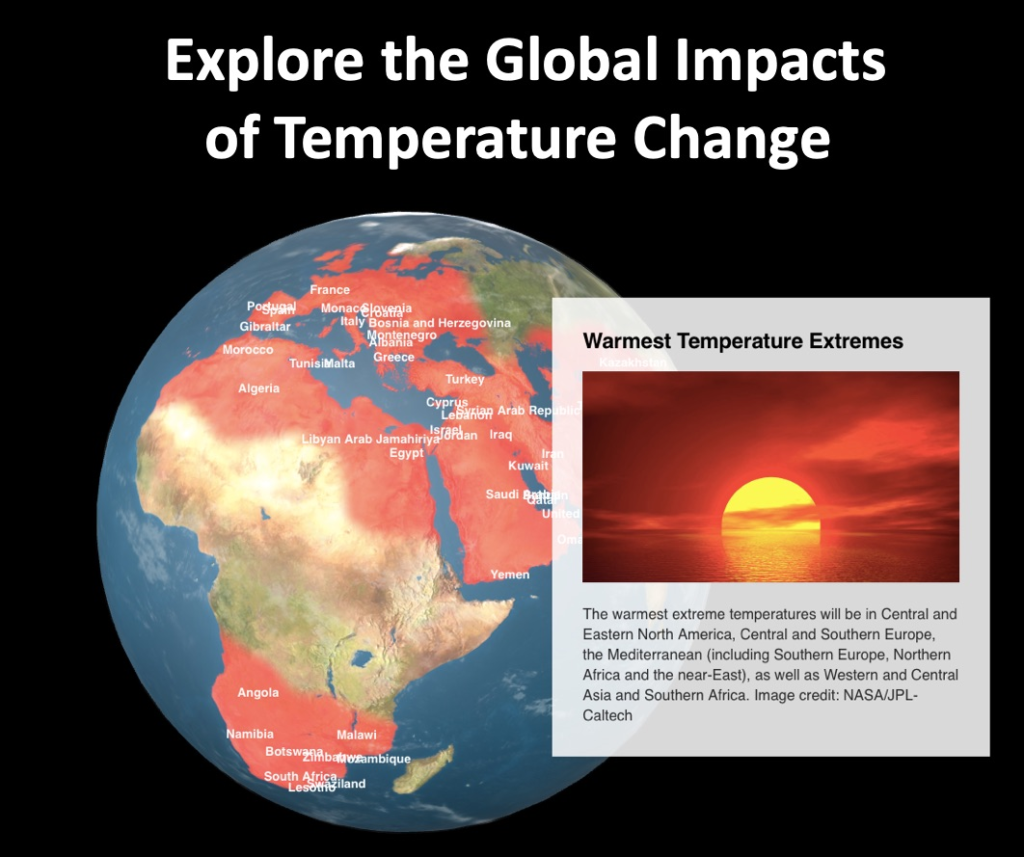
In a recent study, scientists have issued a grave warning – Earth is surpassing the safe limits for human habitation. The research reveals that out of nine crucial indicators of Earth’s health, six are already in dangerous territory. Additionally, two of the remaining three are moving in the wrong direction.
Scientists have found that Earth is in trouble as its Life Support System is not working fine. Out of nine important signs of Earth’s health, six are in risky zones. And two out of the last three are getting worse. This means Earth’s life-supporting systems are straying far from how they used to be for thousands of years before the Industrial Revolution.
Lead author Katherine Richardson from the University of Copenhagen likens Earth to a human body, where planetary boundaries are akin to blood pressure. High blood pressure doesn’t guarantee a heart attack, but it heightens the risk, she explains. Thus, the imperative is to reduce this “blood pressure” on Earth.
Also See: Emergency in Iceland Amidst Volcanic Eruptions
The study identifies six key factors in jeopardy: Earth’s climate, biodiversity, land, freshwater, nutrient pollution, and ‘novel’ chemicals (such as microplastics and nuclear waste) . Only the acidity of oceans, air quality, and the ozone layer remain within safe limits, but even these are on a concerning trajectory.
Johan Rockstrom, co-author of the study, emphasizes, “We are in very bad shape,” asserting that Earth is losing its resilience, and it’s time to recognize that the “patient is sick” due to its bad Life Support System.
The Nine ‘Planetary Boundaries’
Established in 2009, these nine boundary areas determine Earth’s overall health. A 2015 update added a sixth factor to the unsafe category. Notably, water has transitioned from barely safe to out-of-bounds due to escalating river runoff and improved understanding of the issue.
These boundaries, Rockstrom underscores, hold the destiny of our planet. They are solidly backed by extensive external research.

Though experts may not entirely agree on thresholds, there’s consensus that we’re approaching dangerous territory. Urgent action is required to alleviate the stress we’re imposing on Earth. The study’s conclusion is stark: without swift intervention, we may find ourselves facing irreversible consequences.
The scientists who published the study in Nature say that it is still possible to bring Earth back within safe limits, but that urgent action is needed. They call for a global transition to renewable energy, sustainable agriculture, and more efficient use of resources.
Individuals can also play a role in reducing their impact on the planet by making changes to their daily lives, such as driving less, eating less meat, and using less energy at home.
